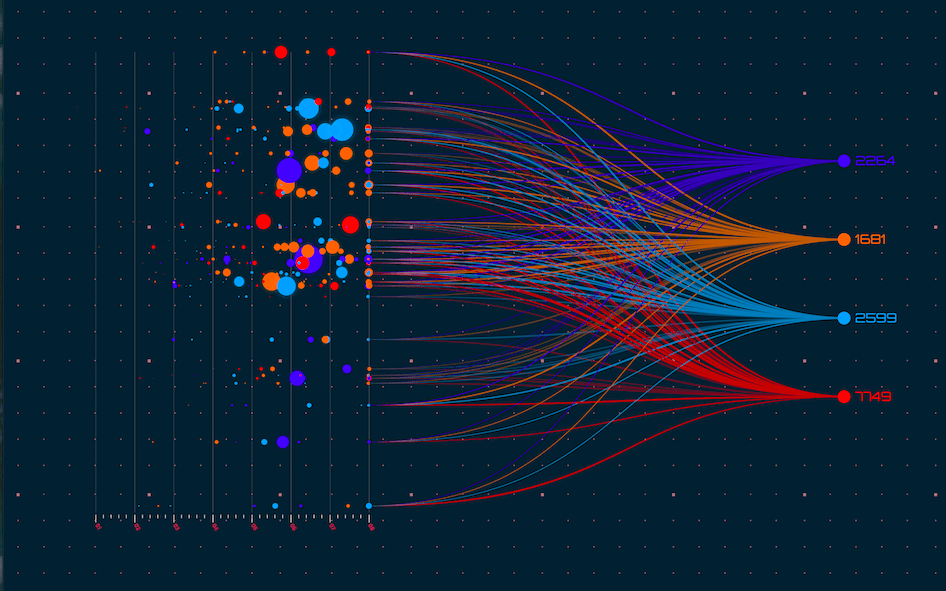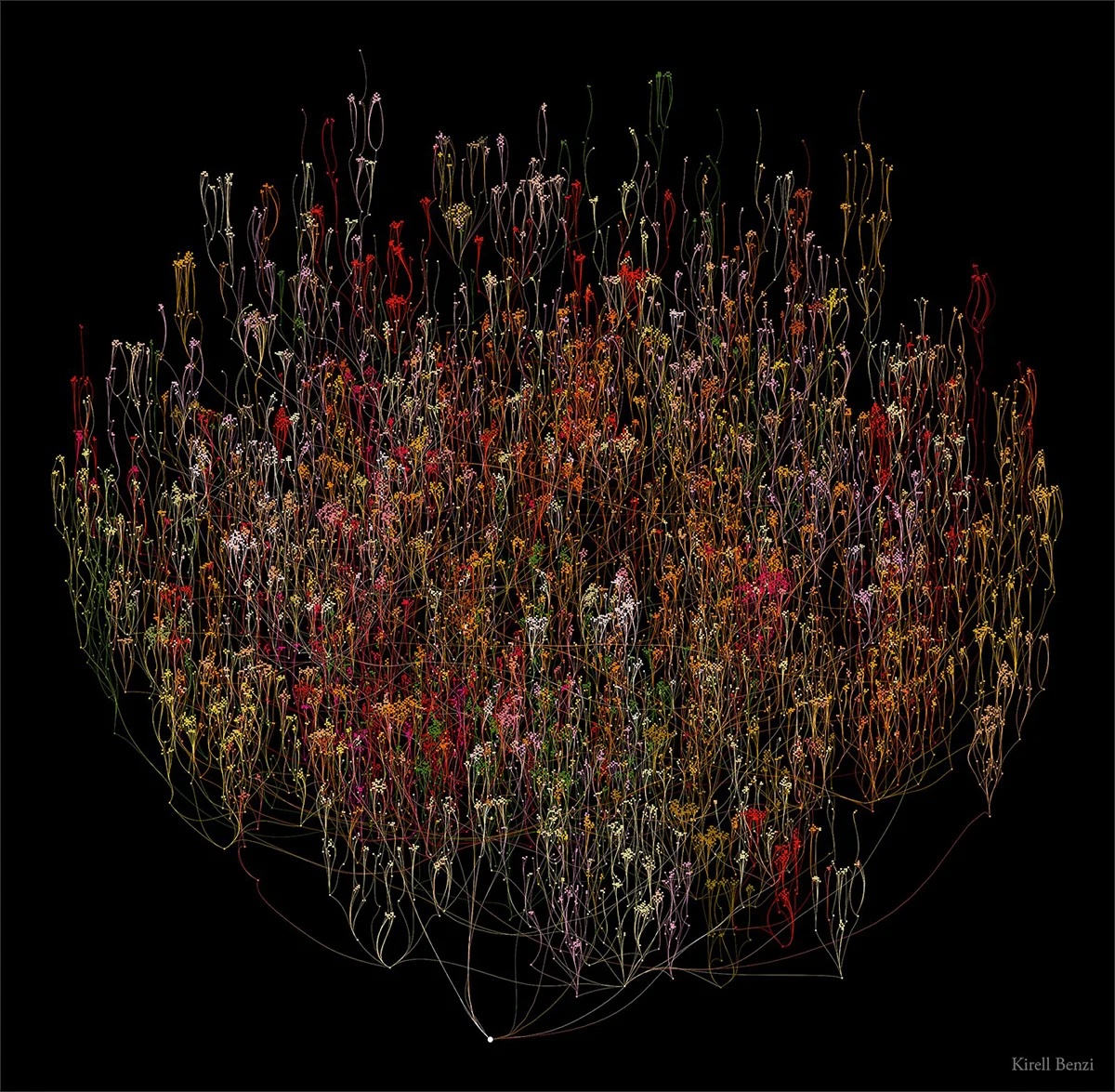- Teachers: Adinai Abdyrasulova
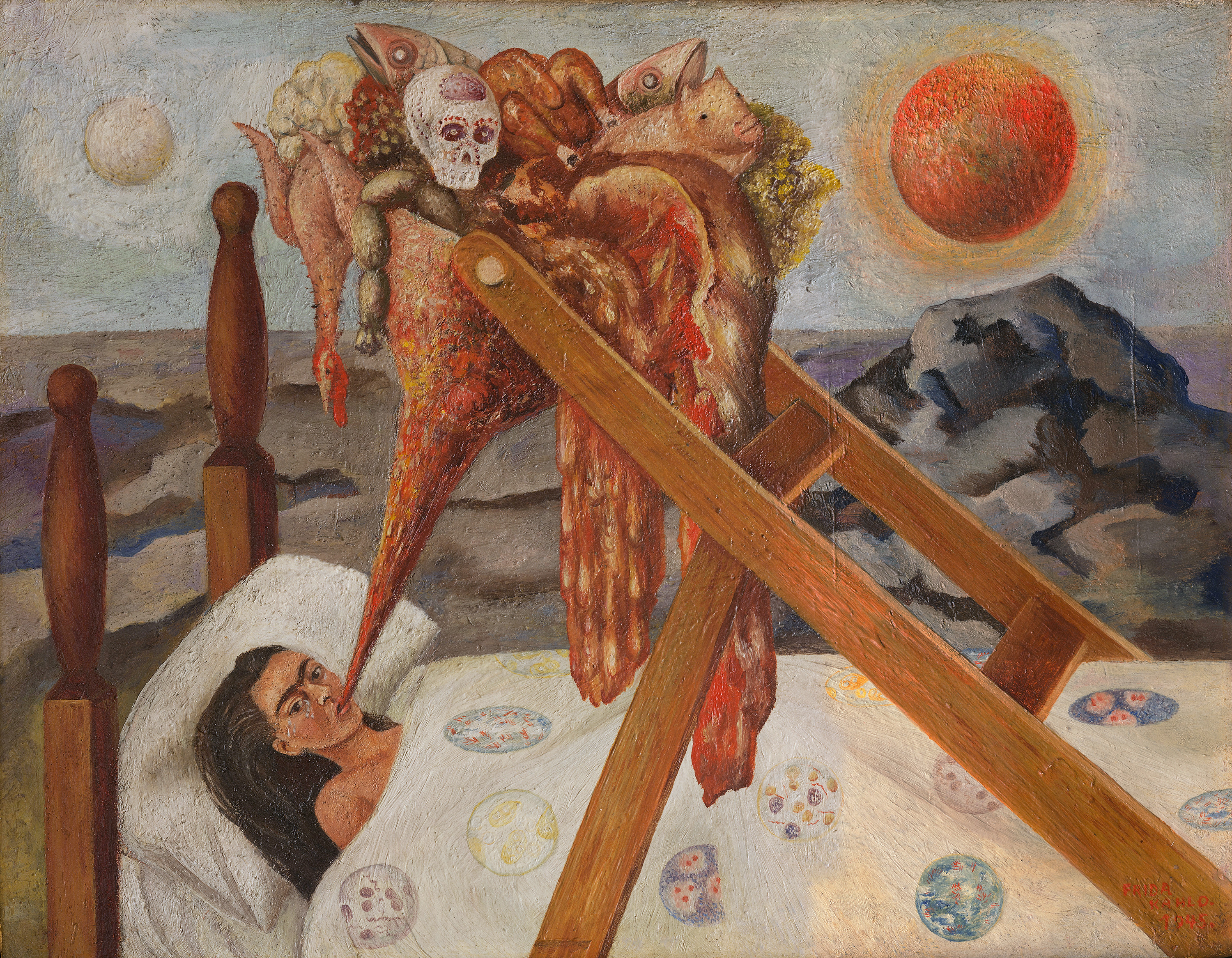
Is there such a thing as a ‘female mind’ or a ‘male brain’? What is ‘mansplaining’ and why do many smart women suffer from the ‘imposter syndrome’? Is your partner ‘gaslighting’ you? Why was homosexuality previously defined as a mental illness and is no longer understood as such? This course introduces students to the intersecting issues in the studies of gender, sexuality and psychology. We will look into feminist critiques and approaches to psychology, psychiatry and psychotherapy.
Part of the course will focus on examining the history of abnormal psychology from the perspective of women’s experiences within this field. We will explore the role that psychiatry has played in defining and shaping what has been considered ‘normal female’ as opposed to ‘normal male’ behaviour. We will look into the history of conceptualising the ‘female madness’ and the emergence of diagnostic categories such as 'neurasthenia’ and ‘hysteria’ which were frequently applied to women in the 19th and early 20th centuries. We will discuss biological explanations used to explain mental disorders in women and associated psychiatric practices of the past.
The course looks at how gender roles and stereotypes may have contributed to definitions of mental illness with varied impacts on women and men. For example, we will read materials about how women who deviated from their ascribed gender roles were continuously likely to be categorised as ‘insane’. In the second part of the course, our focus will be on how diagnoses have changed over time and the modern day gender biases still found in the Diagnostic and Statistical Manual of Mental Disorders (DSM). Intersections of gender with race, class and sexual subjectivity in the history of abnormal psychology will be examined throughout the course.
The course is designed as interactive sessions in which each class builds upon in-class activities, reflections on readings and assignments. While there will be some material which will be delivered in the form of overview lectures, we will participate in various forms of active learning during classes. Classes will have time set aside for working on assignments.
- Teachers: Mohira Suyarkulova

Is happiness a private emotion or a collective project? Where are the sources of happiness located? Should we look for happiness in a hedonistic lifestyle, in love, romance, family, or in our work and creative pursuits? Is it a personal responsibility or is happiness determined by our environment? Why is ‘positive thinking’ making us more miserable? These and other questions are at the center of this elective course “Happiness: private/public feeling”. In this course students will read a broad range of sources that try to tackle these issues from the perspective of psychology, the social sciences, and the humanities. While we do not promise that you will become happier as a result of completing this course, you will be able to better understand the sources of your distress and misery, and will become aware that another world is possible.
- Teachers: Mohira Suyarkulova

- Teachers: Chynara Bakyt kyzy
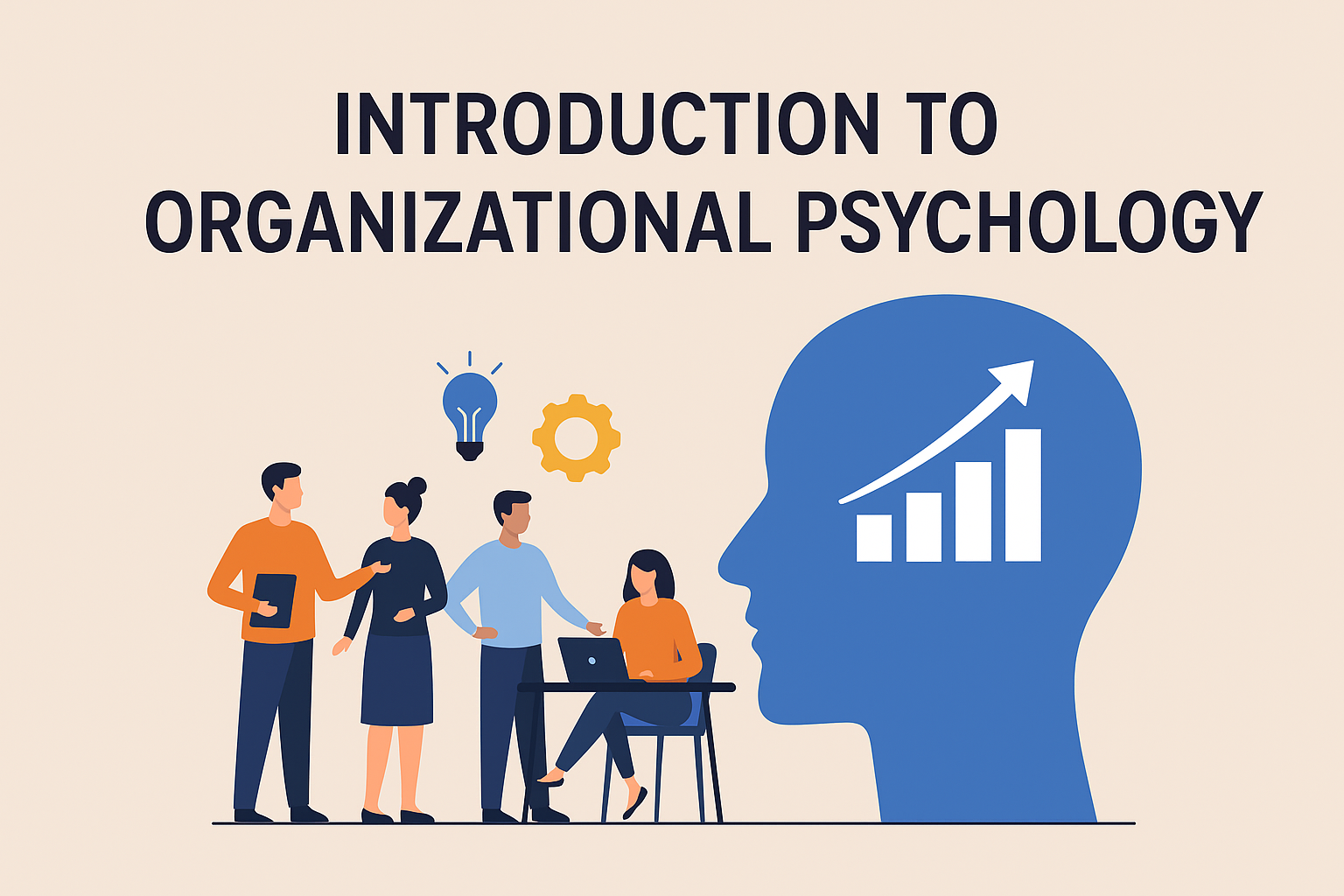
Work isn’t just about tasks—it’s about people. This course looks at how psychology helps us understand what really goes on in workplaces: how people stay motivated, why some teams click and others don’t, and what makes leaders effective.
Together, we’ll explore topics like teamwork, communication, leadership, stress, and workplace culture. You’ll learn not only the main ideas from psychology but also how to use them in real-life situations—whether that’s solving conflicts, building stronger teams, or improving well-being at work.
If you’re curious about how people and organizations work together (and sometimes against each other), this course will give you tools and insights you can carry into any future career.
- Teachers: Ulan Tolomushev
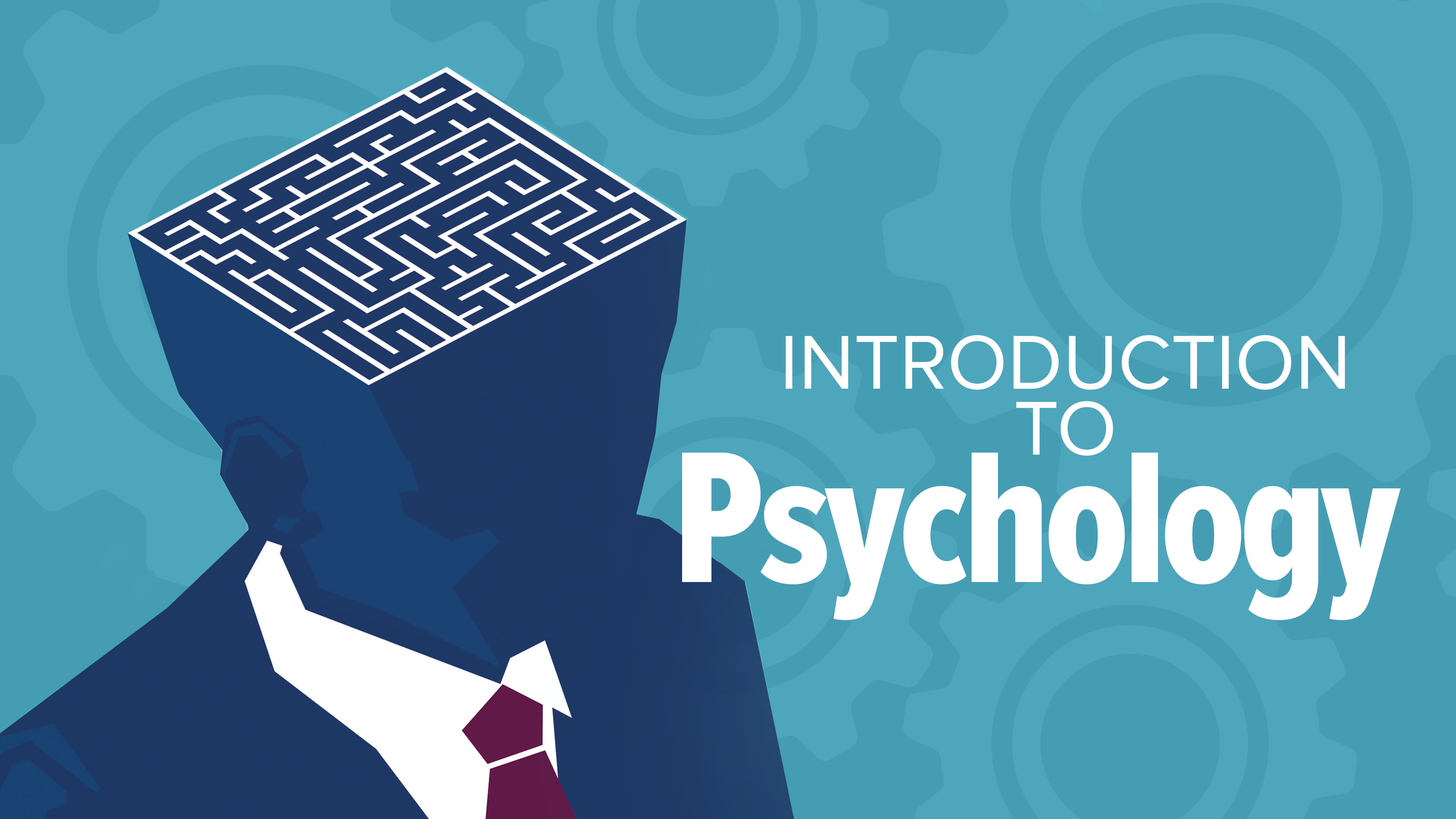
Have you ever wondered why people think, feel, and act the way they do? Psychology is the scientific study of the mind and behavior, and this course is your starting point to explore it. Together, we’ll look at the history of psychology, the major perspectives that shape how psychologists understand human behavior, and the research methods that make psychology a science.
Throughout the semester, you’ll discover how psychology connects to your daily life—how memory works, why habits form, what motivates people, and how culture and biology influence us. We’ll use real-life examples, discussions, and activities to make key concepts practical and engaging.
By the end of the course, you’ll not only have a solid foundation in psychology but also new ways to think critically, understand yourself and others, and apply psychological insights in school, work, and everyday life.
- Teachers: Ulan Tolomushev
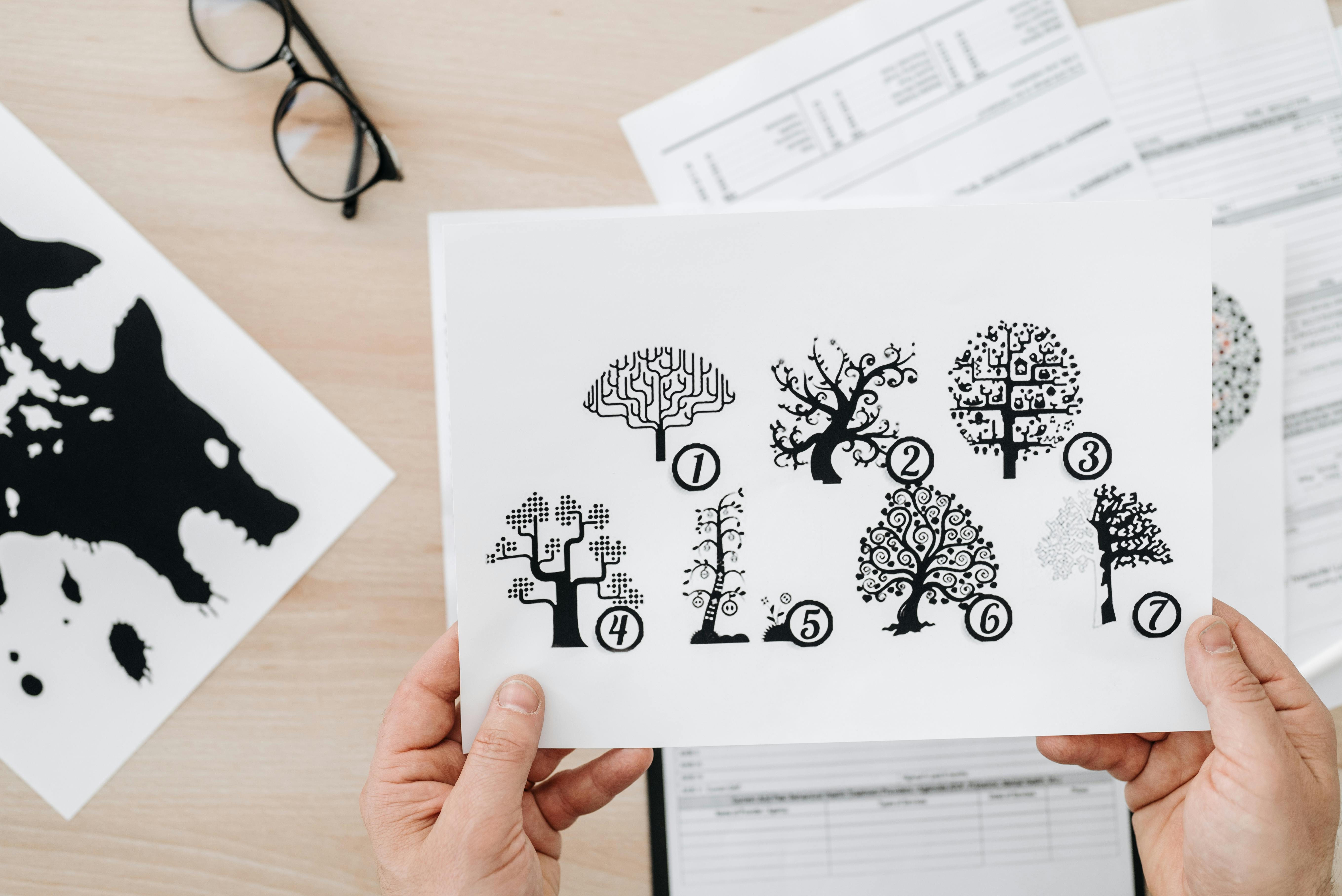
- Teachers: Kylym Aitkulova
- Teachers: Nina Bagdasarova

- Teachers: Asel Myrzabekova

